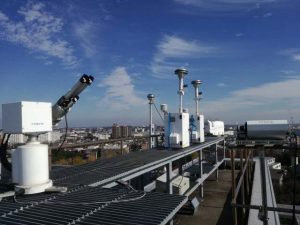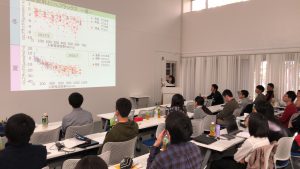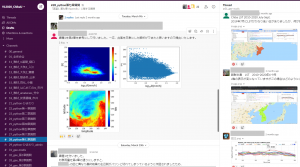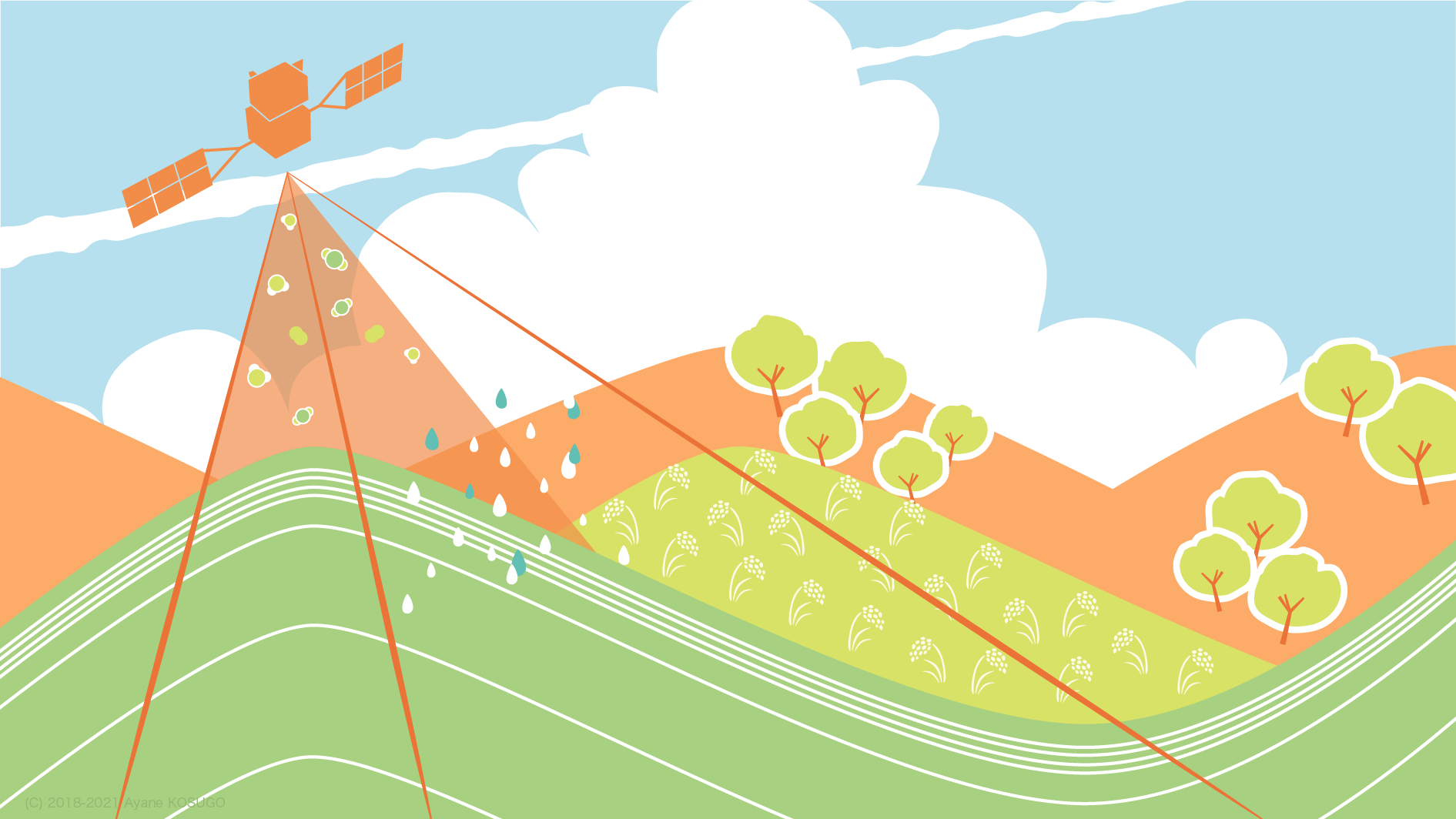Department of Environmental Remote Sensing
Index
- What’s Remote Sensing Course?
- Graduate Admissions
- Activities in the Department of Environmental Remote Sensing
- Pamphlet
What’s Remote Sensing Course?
This course was established in April 2017 in the Graduate School of Chiba University with CEReS faculty members as its members, and provides systematic education by science and engineering departments. With “environment” and “remote sensing” as common keywords, this course aims to nurture a new generation of human resources with a comprehensive perspective on global environmental science, capable of building the future of the Earth and human society.
Graduate Admissionsc (FY2025)
Date
Check the website of the Graduate School for detail
| Events | Date |
| Application Submission | Jun 17 2025(Tue) – Jun 19, 2025 (Thu) |
| Written exam (Master) | Aug 05, 2025 (Tue) |
| Written exam (Doctor) | Aug 06, 2025 (Wed) |
Activities in the Department of Environmental Remote Sensing
Various Kinds of Inter-university Research Exchange Meetings
Taking advantage of the fact that the affiliated center (CEReS) is a joint research center, this department hosts many study groups where researchers and students from other universities in the same field gather. Students in this course can take advantage of this opportunity to broaden their knowledge and make colleagues with other universities.
International Remote Sensing Observation Network
 CEReS leads two international remote sensing observation networks (SKYNET and A-SKY). These international observation networks mainly observe various atmospheric environmental components (aerosols, clouds, trace gases, and radiation) and accumulate continuous data around the world, mainly in Asia. This activity also functions as an international network that closely connects domestic and foreign researchers. The valuable data obtained is published on their website and used for applied researches such as precise validation studies of data from international satellite missions and various studies on climate change and atmospheric environment.
CEReS leads two international remote sensing observation networks (SKYNET and A-SKY). These international observation networks mainly observe various atmospheric environmental components (aerosols, clouds, trace gases, and radiation) and accumulate continuous data around the world, mainly in Asia. This activity also functions as an international network that closely connects domestic and foreign researchers. The valuable data obtained is published on their website and used for applied researches such as precise validation studies of data from international satellite missions and various studies on climate change and atmospheric environment.
The most important site of these international observation networks is located in Nishi-Chiba Campus in Chiba University, where intensive observation campaigns are conducted every year with researchers and students from the inside and outside of CEReS. All participants will focus on short-term observations, analyze the data together, and utilize it for their own researches. Also, close interactions between participating researchers and students are expected to create new ideas.
Land-Atmosphere Flux Joint Study Group

Understanding the balance of greenhouse gases, water and energy in the land area and their mechanism are important research themes for understanding changes in climate and terrestrial environment. In addition, by integrating in-situ observations and remote sensing observations, it is possible to evaluate the CO2 balance over wider areas. This joint study meeting is centered on student research presentations with the goal of fostering the next generation of young researchers and interacting with each other, and has been held for the past four years. Students from multiple laboratories, including those outside the university, related to the JapanFlux observation network hold research presentations and seminars, and promote interaction through lively discussions and social gatherings. Many of the students who joined said that they were able to participate with great interest, that it was very good to interact with students in the same field outside the university, and that it was good to learn about research in a slightly different field.
Formation of a virtual laboratory for the diagnosis of the global climate system

We started a virtual laboratory (VL) in 2007 with the Ministry of Education, Culture, Sports, Science and Technology / Special Education and Research Fund.
- -Atmosphere and Ocean Research Institute, The University of Tokyo (AORI)
- -Center for Environmental Remote Sensing, Chiba University (CEReS)
- -Institute for Space-Earth Environmental Research, Nagoya University (ISEE)
- -Center for Atmospheric and Oceanic Studies, Tohoku University (CAOS)
We have formed VL as a joint project of four universities, and are conducting research and education with the research assets of each center.
We hold seminars for graduate students and young researchers to promote collaborative research every year. In recent years, Chiba University has hosted the seminars as the main school in 2016 and 2020.
Pamphlet(FY2025)
Download here
pamphlet_web2025







